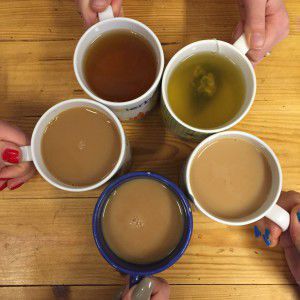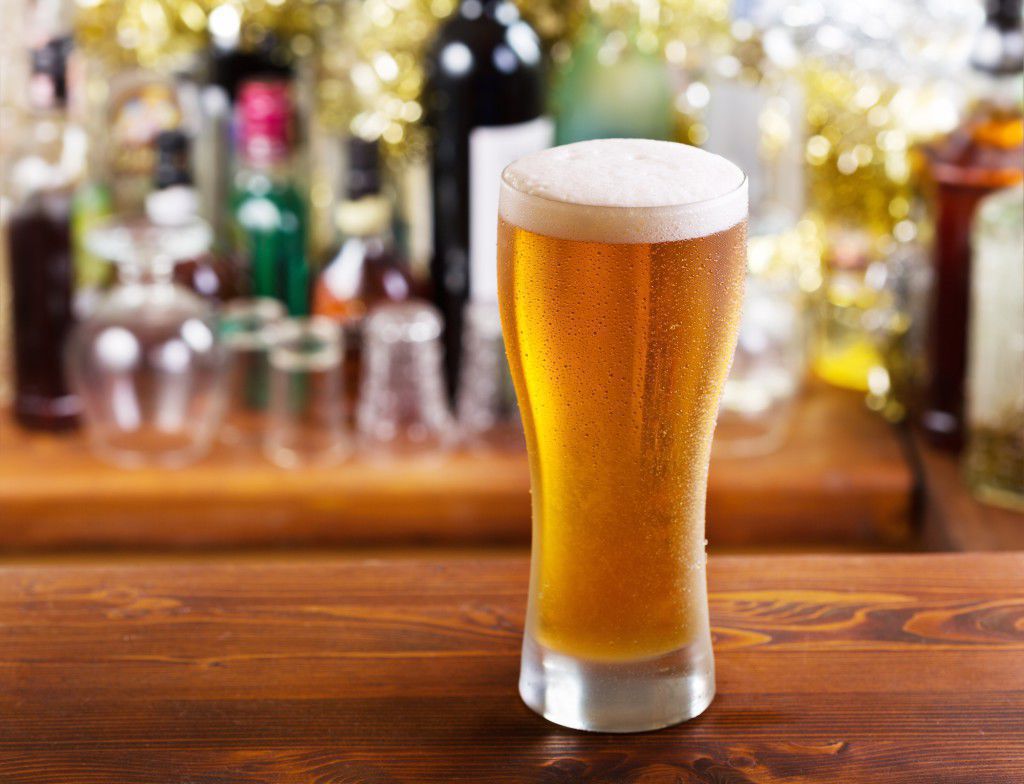Fancy a cuppa? Got time for a brew?
Travel around the UK a bit and you’ll find that tea is not just known as ‘tea’: so ubiquitous is it that there are plenty of regional and affectionate names for our favourite drink. A cuppa, a brew, a cup of char, a Rosy Lee (Cockney rhyming slang), a builder’s will all get you the same thing: a nice cup of steaming hot, milky tea. Lovely!
Tea is so important to us that it’s even filtered into our everyday language and is integral to some of our common idioms. Here are a few examples:
Not for all the tea in China!
You want me to do what?? Not for all the tea in China! Essentially meaning that you wouldn’t do something, no matter how good the reward.
It’s not my cup of tea.
Are you enjoying this programme? Not really- it’s not my cup of tea. Very simply, if something’s not your cup of tea, you don’t like it.
As useful as a chocolate teapot.
Fairly self-explanatory: not useful in the slightest.
Tea and sympathy
If someone’s upset, you might give them tea and sympathy (a nice strong cup of hot tea offering, of course, immeasurable comfort).
Tea leaf
Oy! That tea leaf’s ‘alf-inched me wallet! In Cockney rhyming slang, a tea leaf is a thief! (And, in case you’re wondering, to half inch is to pinch.)
Can you think of anymore tea idioms? Lets us know on Twitter or Facebook.
The language of beer
‘Two beers, please’ is perhaps one of the most useful phrases you can learn at the start of your language-learning journey (and, incidentally, one of the first items you learn with uTalk Essentials). You’ve made it to the country, you’ve struggled with buses from the airport and fought with taxi drivers over the fare. Now you’ve dumped your luggage and definitely deserve a nice, cool, refreshing beer, so into the pub you go.
There’s just one problem.
If you go into a pub in the UK and ask for a beer, there will be a follow-up question: Is that ale or lager?
The correct answer, by the way, is always ale. Ale, ale, ale, especially if you want to discover a little bit of Northern European culture. We do have lagers here too, of course, but ale is the more traditional drink, available in an enormous range of tastes and colours, served in short, squat pints (or tankards, if you’re lucky), as opposed to the tall spindly glasses that lager generally comes in.
But what is the difference, and why do you need to know about it?
Well, they’re two very different drinks. Very different! Lager is fizzy, cold and has a light flavour, whereas ale is flat and heavy (in fact, in Aberdeenshire, instead of ordering a pint of ale you order a pint of ‘heavy’) and definitely not as cold as lager. Ale drinkers rarely switch to lager and vice versa.
Why choose ale?
The great thing about ale is that there are thousands and thousands of different types, and any good pub will have at least four different ones on tap at any time (if they have fewer than that, just walk out and go somewhere else). You can usually ask to try one before committing to a full pint, as tastes can vary rather wildly in ale, from super-hoppy bitter numbers (again, ‘a pint of bitter’ will get you a pint of ale, if you want to experiment with English colloquialisms), to sweet, chocolatey types and light, refreshing ‘session’ ales. Depending on the region (and Kent, Norfolk and Cornwall are but three UK regions with a strong ale tradition), you might start to spot certain recognisable tendencies, or again you might find a brewery you like and be forever wedded to their creations. For me, anything by Skinners or Sharp’s wins hands-down over anything else on offer.
Still confused? We found this handy infographic by popchartlab that breaks it all down…
Got any thoughts on the different types of beer available in different countries? Do you have a preference for ale or lager? Let us know!
Nat



